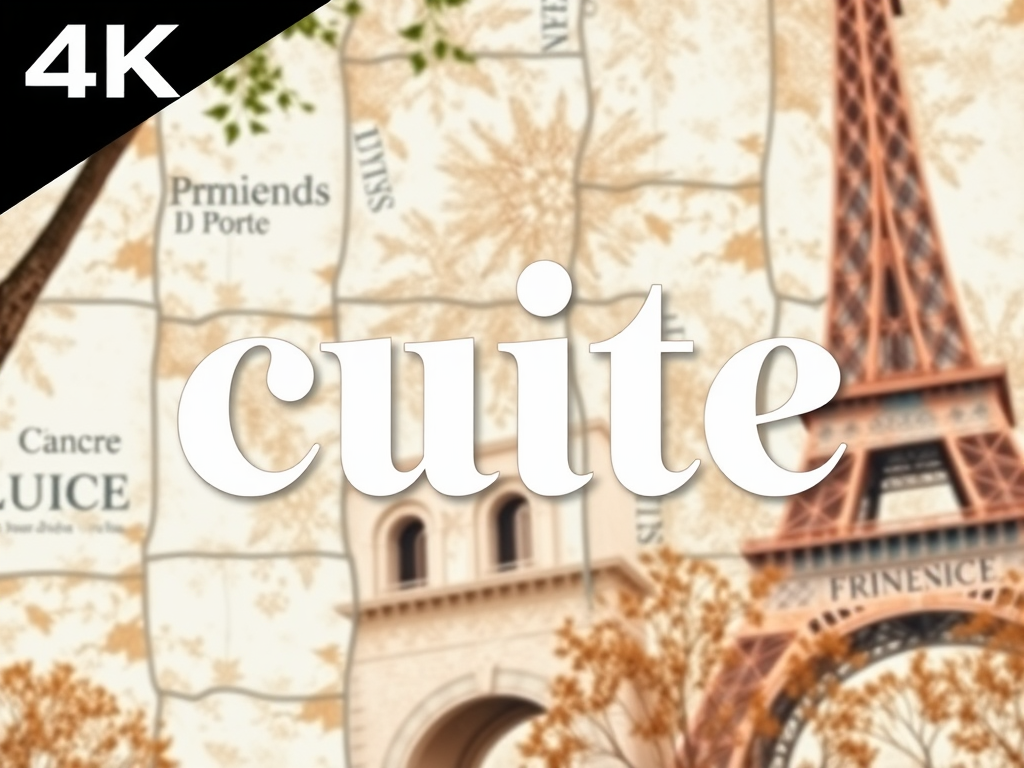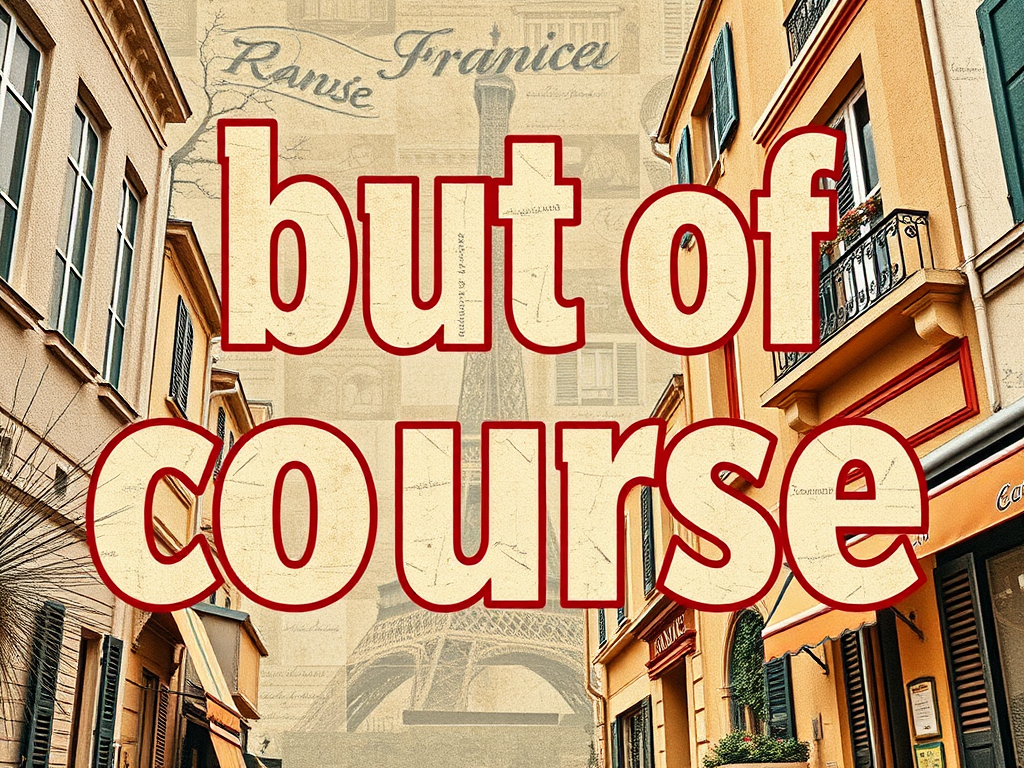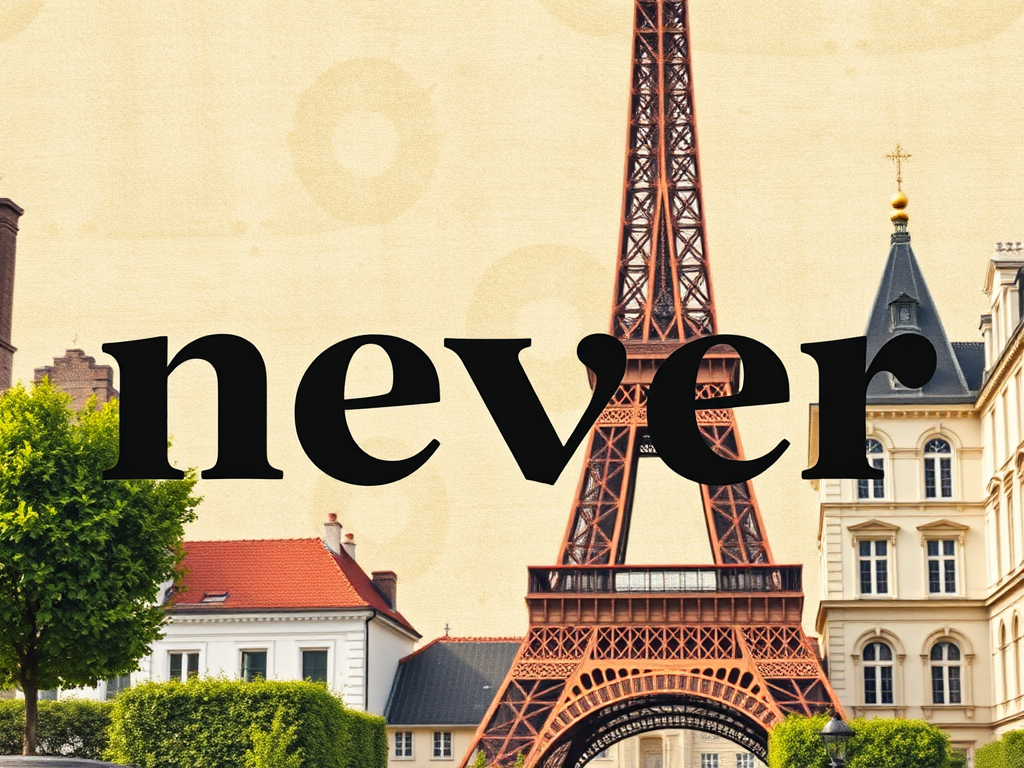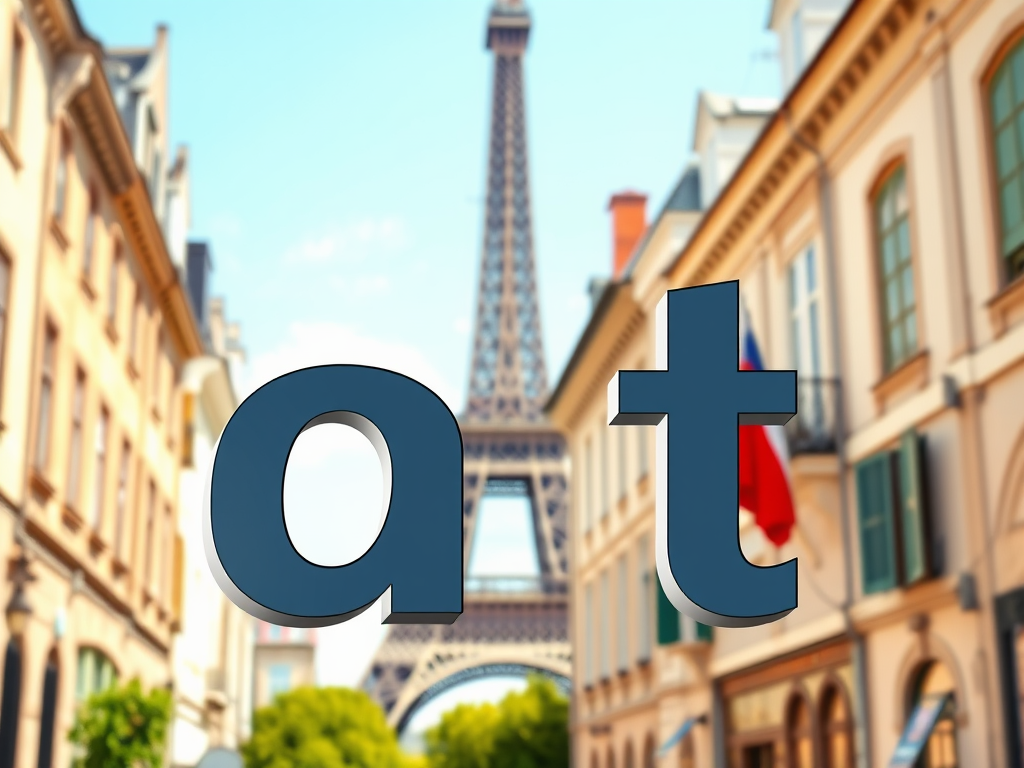See you later in French

In French, there are several ways to say "see you later," depending on the level of formality and the context of the conversation. The most common expression is à plus tard, which literally translates to "until later." However, French speakers often use various other phrases to convey the same sentiment.
Formal and Informal Expressions
Formal Situations
When speaking in formal settings or with people you don't know well, it's best to use more polite expressions:
- Au revoir - Goodbye (can be used in any situation)
- À bientôt - See you soon
- À plus tard - See you later
Example: "Thank you for the meeting. À bientôt, Monsieur Dupont." 👔
Informal and Casual Expressions
With friends, family, or in casual settings, you can use more relaxed phrases:
- À plus or À+ - See you (very common among young people)
- À la prochaine - Until next time
- À tout à l'heure - See you in a little while (for same-day encounters)
Example: "Great party! À plus, Sophie!" 🎉
Slang and Very Informal Expressions
For very casual situations or among close friends:
- Salut - Hi/Bye (can be used for both greetings and goodbyes)
- Ciao - Borrowed from Italian, commonly used in French
- À plus dans l'bus - See you later (literally "see you later in the bus")
Example: "Gotta run! Salut, les gars!" 👋
Here's a handy table summarizing the different expressions:
| English | French | Pronunciation (IPA) |
|---|---|---|
| See you later | À plus tard | /a ply taʁ/ |
| Goodbye | Au revoir | /o ʁə.vwaʁ/ |
| See you soon | À bientôt | /a bjɛ̃.to/ |
| See you | À plus | /a plys/ |
| Until next time | À la prochaine | /a la pʁɔ.ʃɛn/ |
| See you in a little while | À tout à l'heure | /a tu ta lœʁ/ |
Remember, the context and your relationship with the person you're speaking to will determine which expression is most appropriate. Practice using these phrases in different situations to become more comfortable with French farewells! 🇫🇷💬






